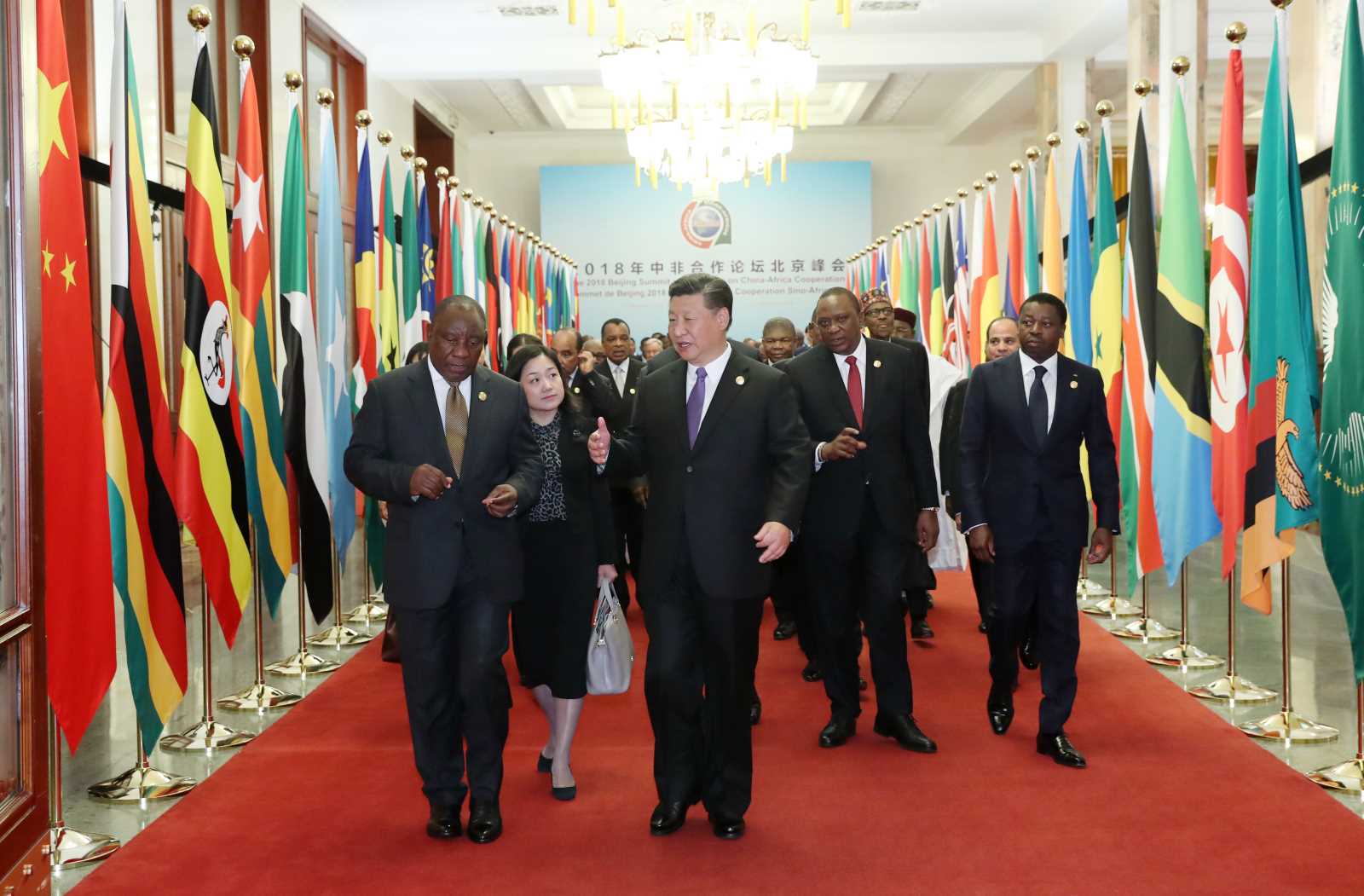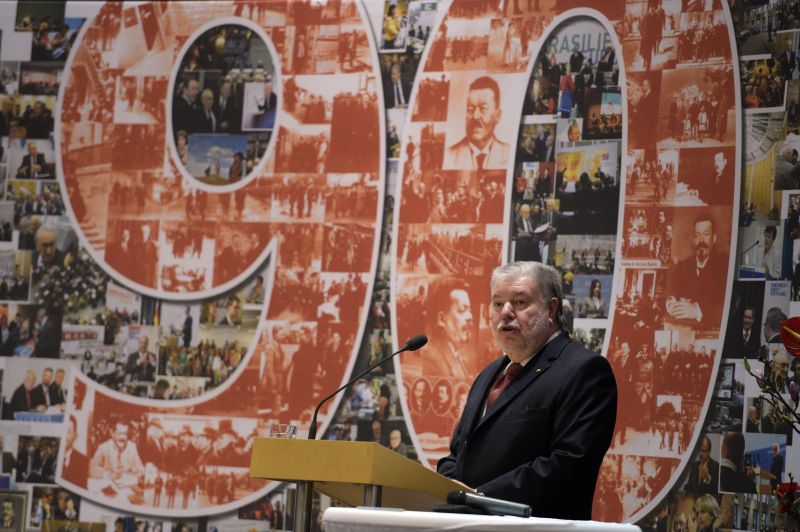Political foundations
Civil society’s shrinking space

The space for civil-society activism is shrinking in many countries. International cooperation partners, including Germany’s political foundations, feel that pressure too. After the fall of the Iron Curtain in 1989, they could engage freely in many countries across the world. With few exceptions, the victory march of liberal democracy reached every world region.
Today, the picture is mixed. There have been setbacks, showing us how fast a democratic honeymoon can wane. A linear progression towards ever more democracy is apparently not the natural course of history.
Setbacks have various reasons. The most important is that authoritarian governments want to stifle even the smallest signs of democratic engagement. Countries like North Korea have never been accessible to German foundations. Modest economic reforms in Cuba go hand in hand with more political repression. In the past, one-party systems used to regulate international cooperation so tightly and limited it to such narrow fields of activity, that the foundations could not cooperate freely with local people, and that is still the case in the Gulf States today. Based on flimsy evidence, Egypt once imposed jail sentences on two Konrad Adenauer Foundation employees.
Many countries are passing and enforcing laws against NGOs. Russia is a pioneer. Those who get international support must endure being branded as “foreign agents”. Evermore countries are adopting such practices. Elsewhere – including in some supposedly democratic countries – the rules and guidelines governing foreign NGOs are applied in ways that ensure they cannot work. New examples of successful liberalisation are few and far between. Today, the consolidation of positive trends – not least in several African countries – must be read as success.
Space for civil society is evidently shrinking where independent action is impossible for security reasons, moreover, or where the permission to act is limited to the capital city and a handful of other chosen places. Meaningful civil-society activism needs to be visible, involve people and be felt in public life. In many places today, all this amounts to a special kind of security risk, with the local partners normally running greater risks than their foreign supporters. All too often, citizens of the countries concerned experience arrest, violence, life-ruining legal action, persecution and all kinds of abuses.
Some governments are cultivating a distorted narrative. Especially those that see the “The West” as competition are doing so. In regard to Syria, Libya and other countries, they say: “Look what you achieved with your attempts at regime change and your Arab spring. You would have done better to mind your own business and leave those regimes in peace.” This kind of propaganda is being spread at national and international levels, but its reasoning misses an important point: the civil uprisings originated in the countries concerned because people were fed up with oppression, corruption and nepotism, longing for freedom, dignity and self-determination. Indeed, such aspirations deserve solidarity and support from anyone who can lend a hand.
Germany and Europe should thus act in a confident and robust manner, condemning abuses and insisting on reciprocity. Governments that expect their citizens, organisations and media to enjoy all freedoms and advantages in western societies must grant those very rights to foreigners in their own countries in return. All too often, they do not do so.
Frank Priess is the deputy head of Konrad Andenauer Foundation’s Department for European and International Cooperation.
frank.priess@kas.de










